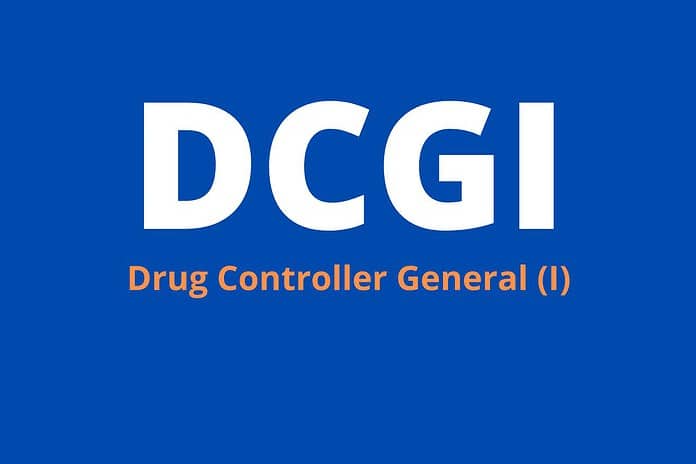Last Updated on October 10, 2024 by The Health Master
DCGI approves Nintedanib for the treatment of systemic sclerosis
Boehringer Ingelheim (India) announced that the Drugs Controller General (India) (DCGI) has approved Nintedanib for the treatment of systemic sclerosis-associated interstitial lung disease (SSc-ILD) in adults. The approval comes after the Subject Expert Committee (CDSCO) had adopted a positive opinion for Nintedanib in treatment of SSc-ILD on 3rd March 2020.
Systemic sclerosis
Systemic sclerosis (SSc), also known as scleroderma, is a disfiguring, disabling and potentially fatal rare autoimmune disease. It causes scarring (fibrosis) of various organs, including the lungs, heart, digestive tract and kidneys and can lead to life-threatening complications. When the lungs are affected, it can cause interstitial lung disease (ILD), known as SSc-ILD1. ILD is a leading cause of mortality, accounting for almost 35 per cent of SSc-related deaths.
“Systemic sclerosis is a life- altering condition and Nintedanib is the first and only approved treatment for SSc-ILD, serving a high unmet need making a real positive difference. For the treatment of people living with SSc-ILD, this is a quantum leap” said Sharad Tyagi, MD, Boehringer Ingelheim India. “The DCGI approval is a milestone in Boehringer Ingelheim’s dedication towards providing the best possible treatment for people living with SSc-ILD in India,” he added.
Also read: Laurus Labs gets USFDA nod for generic antiretroviral drug
Base of approval
DCGI’s approval is based on the results of the SENSCIS trial, a Phase III, double-blind, placebo-controlled trial conducted to investigate the efficacy and safety of Nintedanib in patients with SSc-ILD.1 The primary endpoint was the annual rate of decline in Forced Vital Capacity (FVC) assessed over a 52-week period. Results showed Nintedanib slowed the loss of pulmonary function by 44 per cent (41mL/year) relative to placebo, as measured in FVC over 52 weeks.1 Furthermore, results showed that Nintedanib had a safety and tolerability profile similar to that observed in patients with idiopathic pulmonary fibrosis (IPF).
Regulatory approvals for the treatment of patients living with SSc-ILD have also been granted in several countries including EU, Canada, Japan and Brazil. Nintedanib is approved in over 75 countries for the treatment of IPF, and it is the first approved treatment for SSc-ILD.
The Health Master is now on Telegram. For latest update on health and Pharmaceuticals, subscribe to The Health Master on Telegram.


